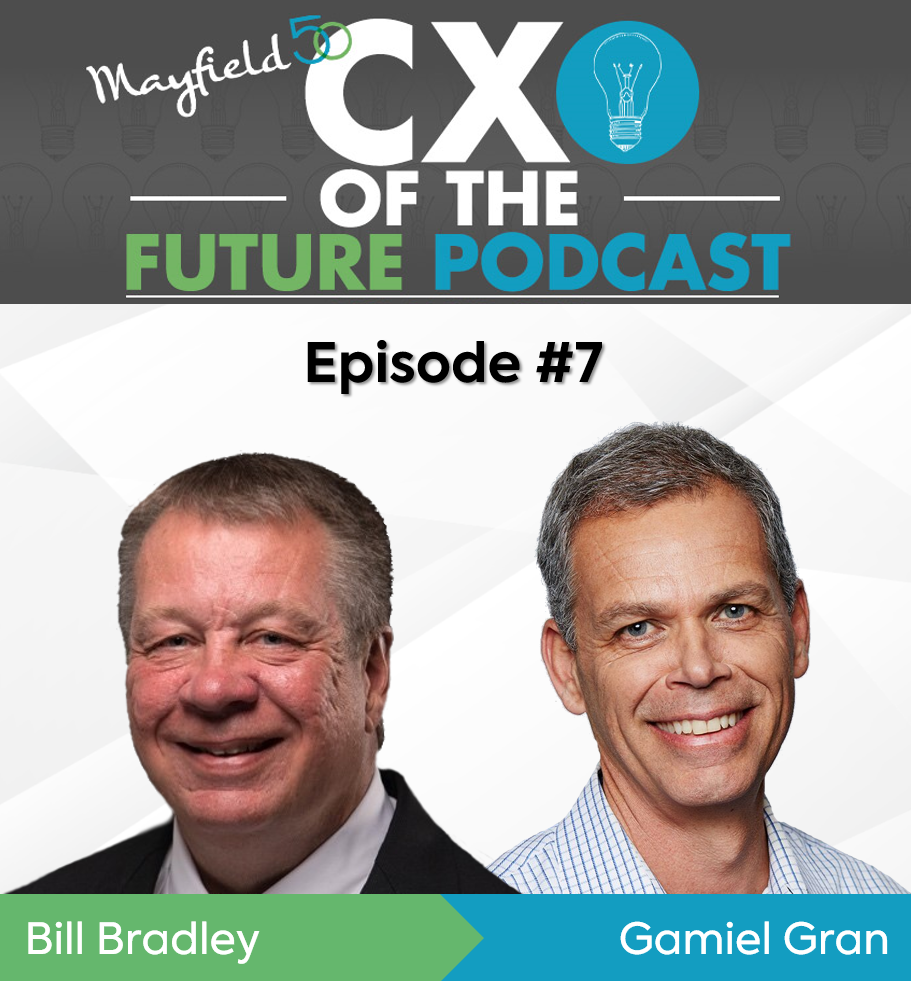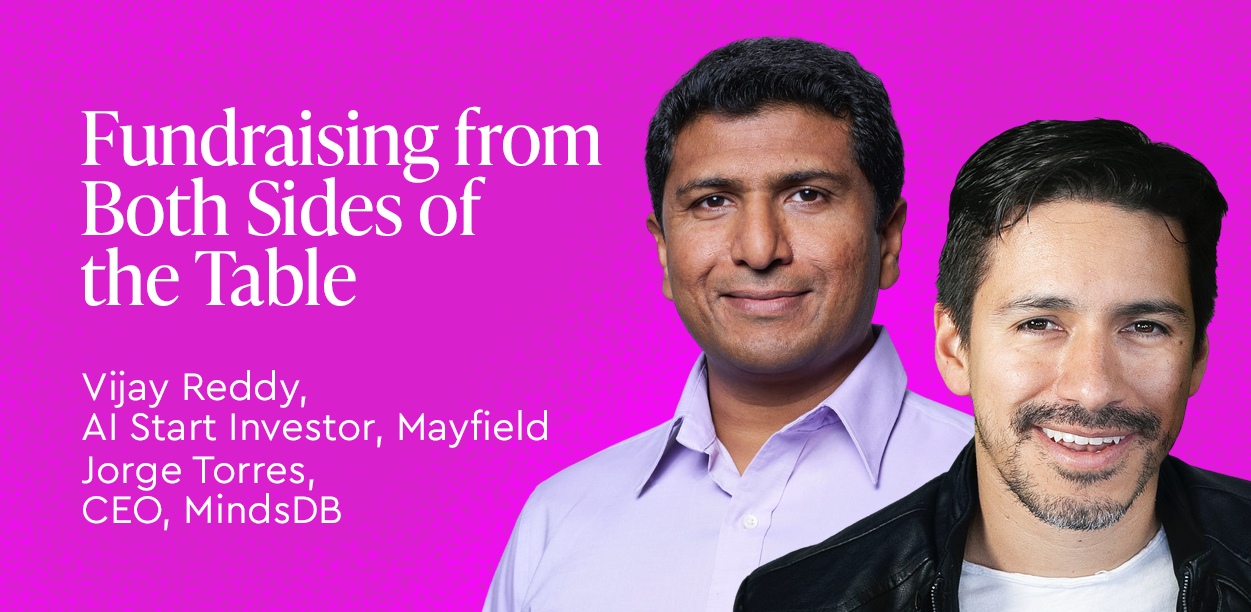Listen to the podcast here:

The COVID-19 crisis has taught us that adapting to change may not be easy, but it’s necessary. The role of the Chief Information Officer (CIO) is one that has seen constant change over the years, and Bill Bradley, former CIO at CenturyLink, believes that learning to embrace change is a key leadership skill.
Bill Bradley has more than 37 years of experience in leading information technology and cyber security organizations, with roles ranging from software developer to CTO and CIO at CenturyLink. Bradley’s leadership was fundamental in CenturyTel’s acquisition of Embarq in 2009, followed by Qwest in 2011. Serving as CIO, he led a global IT organization of more than 5,000 employees. Bradley’s focus on creating a “one company” mindset, helped set the foundation for the technological and cultural transformation at CenturyLink.
Bradley is also recognized externally for his ability to develop collaborative relationships between industry and academic organizations. He served from 2016-2018 as a board member of cyber security company RiskSense. He continues to serves as a board advisor for Origin Bank, as Executive-in-Residence at Louisiana Tech University and as an advisor to the Cyber Innovation Center in Bossier City. In 2018, he was appointed to serve on the Louisiana Cybersecurity Commission
From Individual Contributor to Leader
The telecommunications industry has undergone tremendous change.
“When I started it was largely voice, it was analog versus digital and it was highly regulated versus deregulated as it is today. These significant changes came about during the time that I was that I was with CenturyLink—and they did in a lot of ways parallel my career opportunities.”
Having started as a developer, Bill felt competent technically and was comfortable leading small groups of people that were like-minded. But leadership didn’t come naturally to him.
“Most people that have been successful in the technology space aren’t really focused on those leadership-type skills, softer social skills, and so I had a lot to learn.”
Building a Leadership Muscle
Bill felt fortunate that CenturyLink’s management team provided great coaching and training. Eventually he was offered external coaching from a leadership-oriented organization and wasn’t very comfortable with it. But with that came the recognition that whether he liked it or not – he needed it, likening it to the athletic coaching he’d gotten over the years.
“You learn different things from different coaches. You learn different and valuable approaches to problem solving, getting groups to come together, becoming a better presenter and a better leader. You learn how to recognize challenges that the other team members may be facing. Part of what I’m doing now is trying give some of that back to people that are on the same path that I’ve that I’ve been on.
Leadership Milestones
Bill started out as an individual contributor. His next step was to manage a small group of five or six individuals who all shared the same background – then onto director level, where he was responsible for multiple managers and managers that had small groups of their own.
“When you manage a small group that you were once a part of, you can continue to rely on your technical skill set. But when you move to that next level, where you don’t necessarily have the experience doing your subordinates’ work yourself, it becomes a challenge. A lot of people struggle with this next step.”
Bill learned that by listening to the needs of his team and understanding the motivations of each specific individual, he was able to set and agree on common goals. It was a key exercise in building his leadership muscle.
Takeaways From Leading Large Groups
By the time Bill was CIO, he led 5000 individuals. How did he make that leap?
- Don’t do it by yourself. You need to be surrounded by a strong team. I was fortunate to work with some outstanding individuals who were part of my team and many of them went on to be great leaders themselves. You need a team that’s willing to communicate and work with each other. That’s something that we see today with everybody working from home during the pandemic. People have developed the ability to work through technology to still maintain and communicate and share goals.
- Put trust in individuals to run with a team and stay out of the details. Assume more of a coaching role.
- Understand that there are different learning styles for different individuals.
- Get really competent people and develop them.
Working with Startups
“We had a lot of acquisitions—whether they were startups or similar companies—that were faced with enormous technology challenges. But those challenges were always solvable. The biggest challenges were the cultural challenges that come from different companies based on geography or size. It might be a small company getting larger or a large company getting smaller. Understanding where people are coming from is a key difference maker. And what worked the best was when everybody got together on a common goal. Otherwise you’re a bit aimless.”
Coaching Leaders
Bill spends a lot of time coaching emerging leaders, many of whom are highly resistant to change. Learning to embrace change, however, is a key leadership skill. He demonstrates this by showing the individuals he coaches images of how technologies have changed, such as a printed map road map next to a GPS device. We are living through constant change—we might be resistant to it, but we need to move forward.
Team members are also resistant to change, so leaders must be chairmen of change. But since change is hard, leaders need to to be compassionate and build relationships with people. “It’s not something you just come in and declare.” Change is a process.
Key Takeaways
- Follow your passion. I’m not expecting people to know what that is right away, but I when people are misplaced that aren’t following their passion, it’s hard for them to succeed
- Work hard. It’s pretty easy to work hard at something if you are passionate about it.
- Give back. I’ve been fortunate to have had opportunities to grow and grow my own leadership skills, but it’s also very important that you give back to your community, your family, and to the organizations that you’re a part of.
When Katrina hit New Orleans in 2005 there was a sudden and massive displacement of people. Bill quickly realized that even though New Orleans was getting a lot of support from relief agencies, the processes for distributing this relief were very manual. He helped gather a group of IT professionals together, got a server, and built a database with a front end to it. It was automated over a single weekend.
“I’m not a first responder and don’t have any training in that, but recognizing that there is value you can bring regardless of what your background is and just getting out there and looking for an opportunity to do it is so important.”
Important Links:
- Bill Bradley – LinkedIn
- CenturyLink










